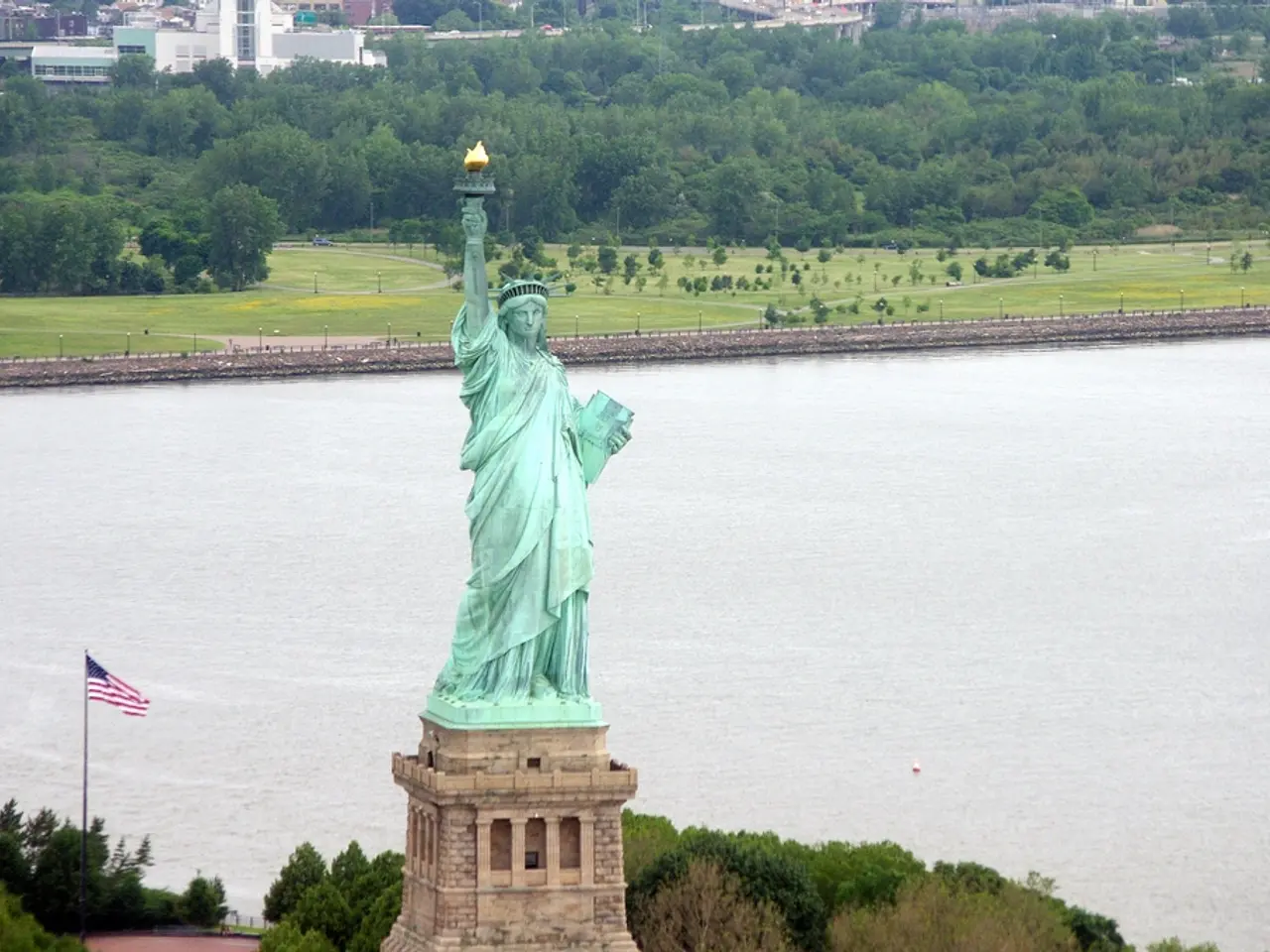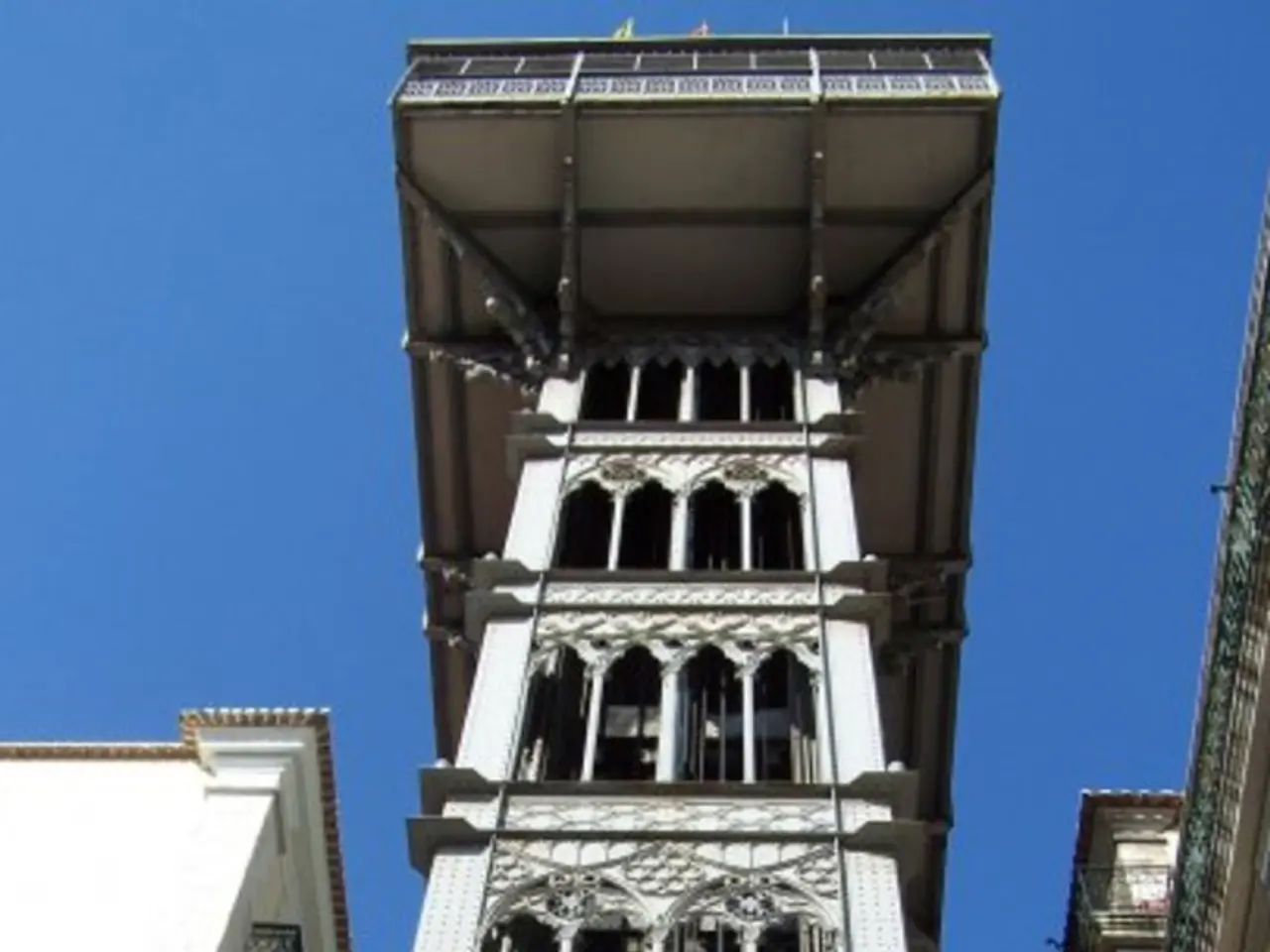Father's Fishing Excursion Concludes at 'Alligator Alcatraz,' as Family Shares Their Tale
The immigrant detention center known as "Alligator Alcatraz" in Ochopee, Florida, has been under intense public scrutiny due to reports of extremely poor and inhumane conditions.
The facility, which houses up to 5,000 migrant detainees, has been accused of providing harsh living environments, lack of medical care, and restricted access to legal services. Detainees live in makeshift tents and cage-like units often overcrowded, with mosquito infestations, overflowing and unsanitary toilets, inadequate food, and constant exposure to heat and flooding.
Specific issues include reports of inhumane treatment and neglect, poor sanitary infrastructure, extreme environmental conditions, limited access to legal rights and contact, stark isolation and lack of transparency, and legal action and public outcry. Detainees report being confined with large groups in cage-like units with limited shower access, suffering from untreated illnesses including COVID symptoms, and flooded tents. Bathrooms frequently overflow, inadequate waste management sometimes leads to flooding, and there are reports of bugs, snakes, and alligators nearby.
The facility lacks natural light or clocks, so detainees cannot discern day from night; temperatures reportedly reach near 100 degrees Fahrenheit. Attorneys and detainees report no confidential visitation rooms, no private calls with lawyers, no publicly available visitation or legal document procedures, and removal of detainees from the typical ICE locator system, obstructing legal access. The facility is described as secretive, with detainees not being properly tracked publicly, and families and advocates demanding its closure.
Lawsuits against the facility cite lack of access to attorneys and holding detainees without charges. Hearings are underway regarding possible closure.
In contrast, the Department of Homeland Security (DHS) denies these allegations, stating the facility meets federal detention standards, with no widespread disease, no overflowing toilets, no deaths, and clean detainee facilities. DHS calls the reports "false allegations" and claims media coverage is misleading, emphasizing that no one has died and accuses critics of vilifying ICE unfairly.
M., a woman from Guatemala, was arrested along with her husband in early July for not having a driver's license while fishing in Florida. They were separated, and M.'s husband was taken to the controversial detention center. After four days, M. received a phone call at 3 a.m. from her husband, who was being held at the Everglades facility. M. contacted a Florida immigration lawyer, Jeff Botelho, for help in locating her husband.
The husband described the detention center as having electricity and air conditioning outages, suffocating heat, and limited water for showers. Family members shared accounts of vermin infestation, extreme heat, and inedible food at the detention center.
Despite the ongoing controversy, the "Alligator Alcatraz" detention center is not going anywhere and is being used as a blueprint for future detention centers. President Trump joked that they would teach detainees how to run away from alligators at the facility. Secretary of Homeland Security Kristi Noem announced a new, 1000-bed immigration facility in Indiana, dubbed "the speedway slammer."
Protesters are gathering to demand the closure of the detention center, and the situation remains highly contested with ongoing legal and public scrutiny.
- The controversies surrounding the "Alligator Alcatraz" immigrant detention center in Ochopee, Florida, extend beyond poor living conditions and harsh treatment; the facility's ESG (Environmental, Social, and Governance) practices and the role of politics in its operation have also drawn intense public scrutiny.
- Amidst reports of inhumane treatment at the "Alligator Alcatraz" detention center, credit card companies might face public pressure to freeze transactions with organizations involved in the management of the detention facility, given the increasing prominence of ESG considerations in general-news and crime-and-justice narratives.






